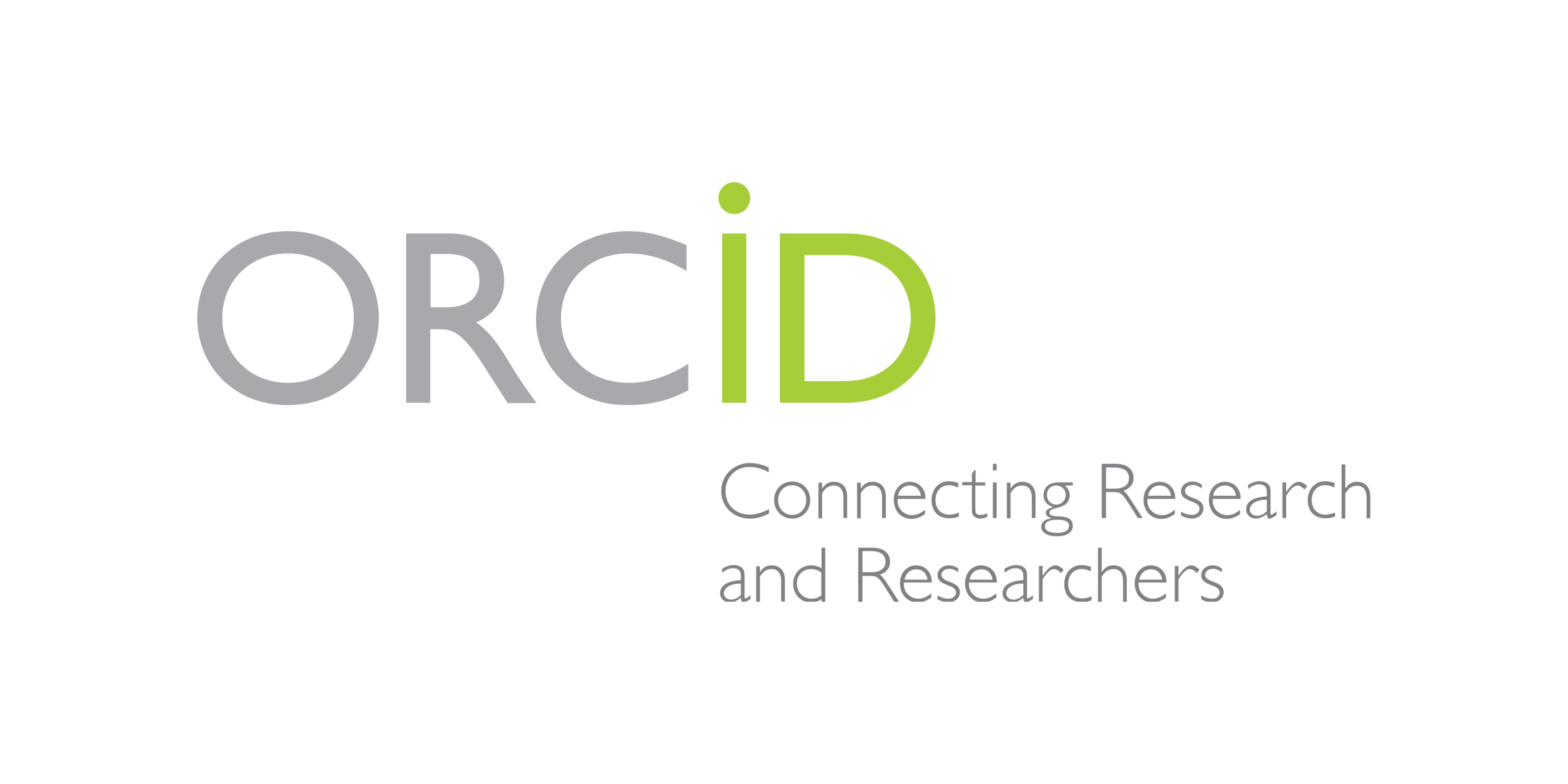
This new service integrates ORCID identifiers to the erudit.org platform, with the aim of accelerating the adoption of this identifier by the Québec and Canadian research community and of contributing to the strengthening of national efforts toward persistent identifier implementation in research infrastructure systems.
The progressive deployment of this large-scale project will allow for the retrieval, processing, authentication, storage, display, and dissemination of ORCID identifiers for authors whose articles are hosted on erudit.org. This new service is part of the efforts made by Érudit in recent years to adopt the best practices currently in use in the field of scholarly publishing.
But first, what is an ORCID identifier?

An ORCID (which is an acronym for Open Researcher and Contributor ID) is a unique and persistent identifier for researchers and authors who make academic and scientific contributions, which is created and managed by a non-profit organization of the same name. Every researcher gets their own identifier, made up of 16 digits (e.g., 0000-0001-2345-6789), which links to their research results and activities through their ORCID profile. A particularity of ORCID is that it gives researchers control over the information included in their profile and how that information is shared. Finally, this persistent identifier is used by the various stakeholders in the world of research, such as publishers, funding agencies and research institutions, to reliably identify researchers.
For more details or to create an account, go to https://orcid.org/.
Details About the Service
We are launching the first phase of our new ORCID identifier enhancement service, which means that we will start retrieving ORCID identifiers for authors, when those are sent to us. For the journals using the OJS-Érudit gateway, this will be done automatically if the identifier was previously entered in the appropriate field. For the journals using the file repository, the ORCID identifiers will need to be added to the production files sent to Érudit (for example, in the article PDF files) so that they can be processed by our production team.
The retrieved ORCID identifiers will display on the erudit.org platform at the article level, along the rest of the author information. Specifically, they will appear on the HTML page of an article, as well as on the splash page of the PDF version of the article. As an example, you can view this article from the Revue canadienne de bioéthique: https://doi.org/10.7202/1089799ar.
The Next Steps for this Service
In the coming year, we will continue to enhance our ORCID service with the support of our partners at the CRKN and ORCID-CA. For example, we will be putting different features in place that will allow authors to claim articles already disseminated on the erudit.org platform, in order to add them to their ORCID profile. This claiming process is at the heart of the best practices promoted by ORCID, as it creates a reliable and direct link between an article and its author. Finally, we will also implement various mechanisms that will enable us to automatically retrieve and validate ORCID identifiers, allowing us to associate them with articles already published on the erudit.org platform.
To close, we encourage authors to create an ORCID account if they have not already done so. Similarly, we encourage publishers to collect their authors’ ORCID identifiers, like they already do for affiliation information and email addresses. Specific instructions for journals will be sent to the editorial teams shortly.